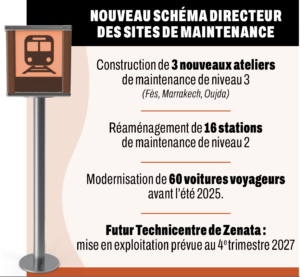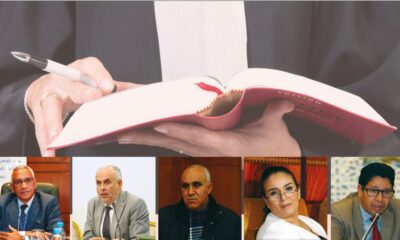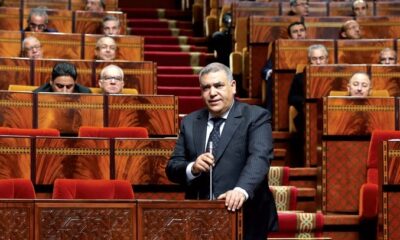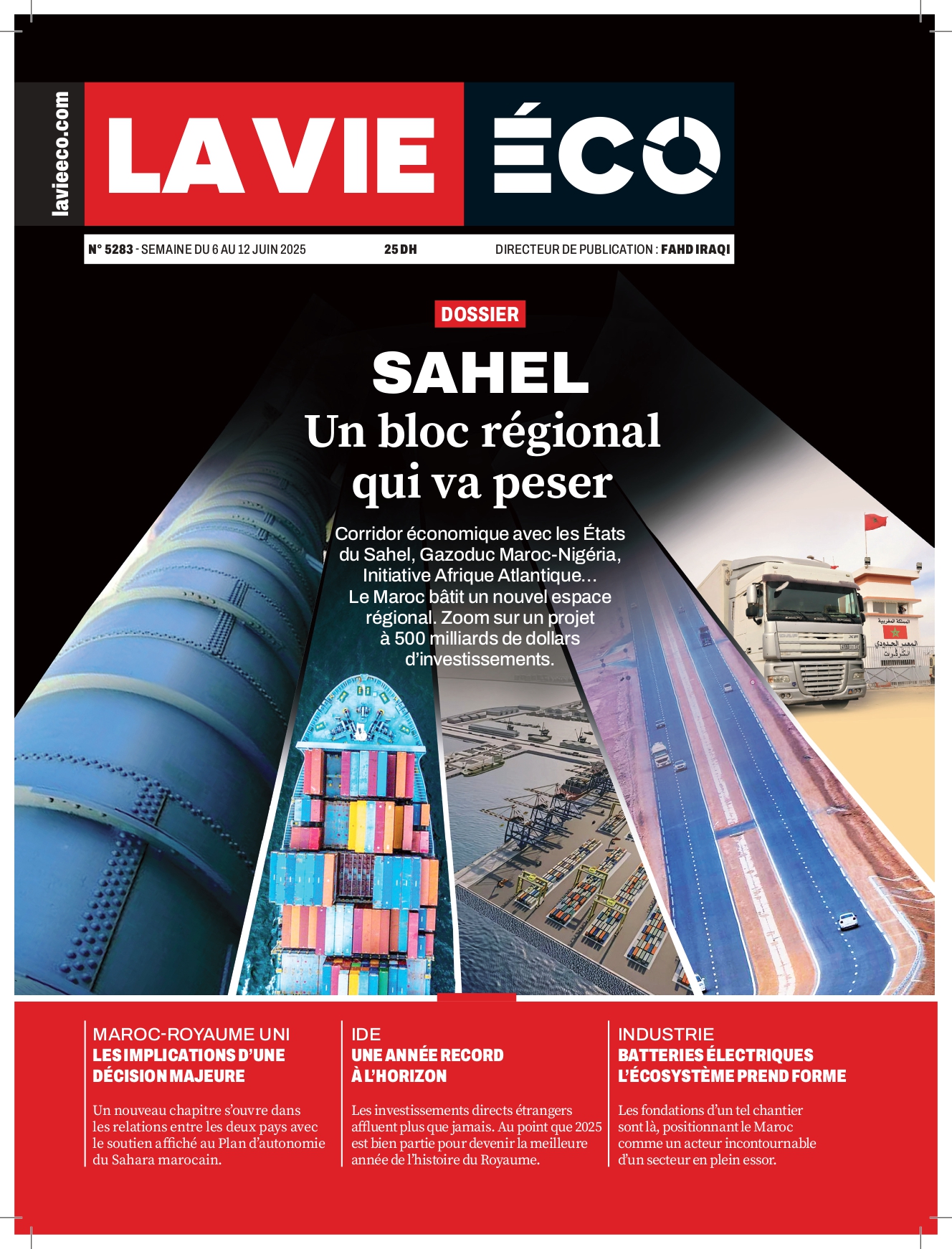Business
Railway Maintenance: How ONCF is Planning for the Future
The new master plan for maintenance sites implemented by the National Office addresses the imperative to adapt maintenance facilities and modernize the fleet to meet future demands.
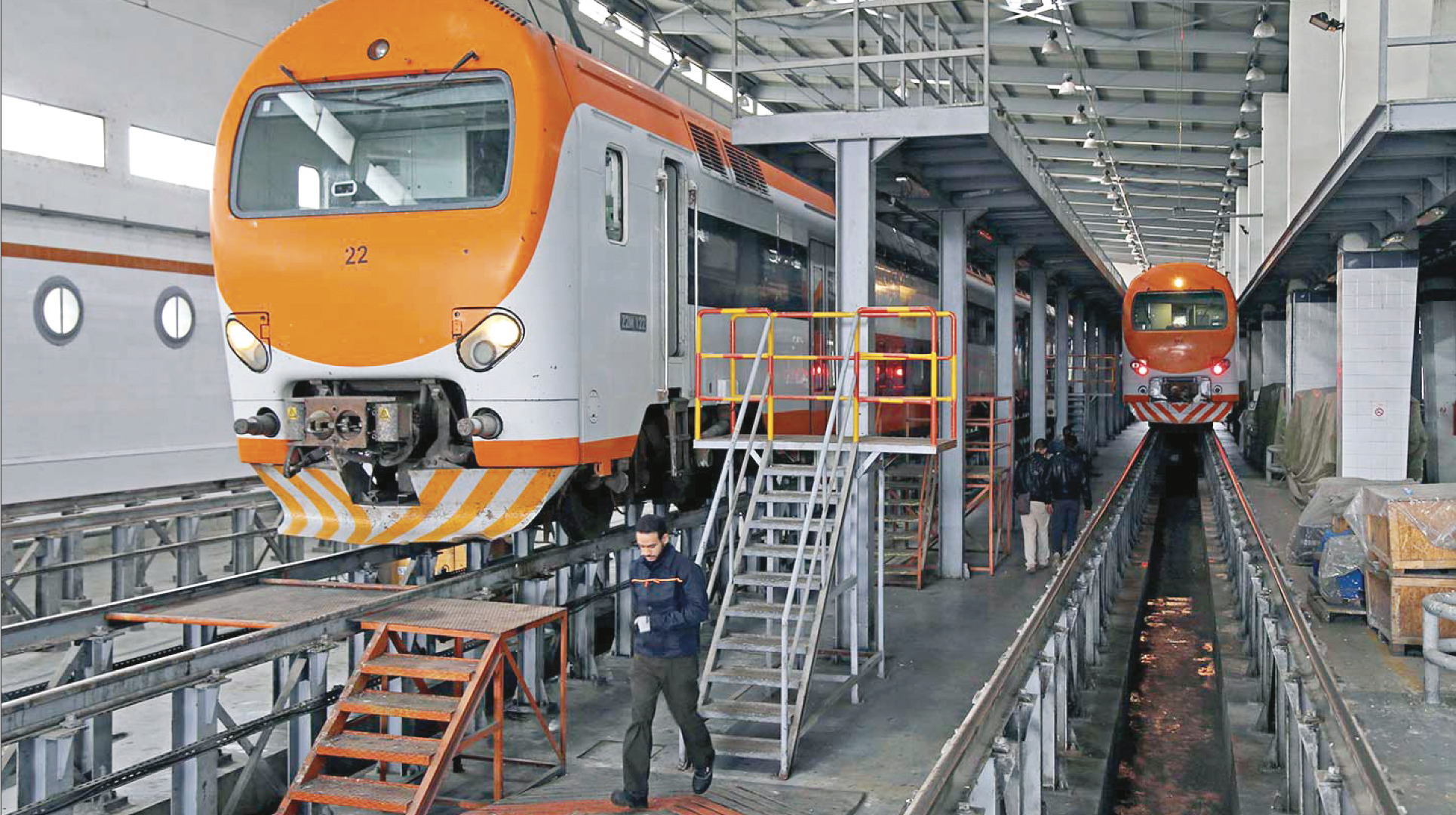
Maintenance is now a major challenge for the National Office of Railways (ONCF). Ensuring the railway fleet remains in good working condition is essential for extending the lifespan of rolling stock, improving operational performance, enhancing safety, and meeting the increasing demands for service quality from passengers.
Recognizing the pivotal role of maintenance in the growth of its business, the ONCF has implemented a new master plan for maintenance sites. This plan aims to address the modernization needs of equipment and maintenance facilities for the fleet, adapting workshops to accommodate future workloads in line with the plan to acquire new rolling stock by 2030 and beyond to 2040.
As an illustrative example, the number of high-speed trains (HST) in the Kingdom will increase from the current 12 to 30 by 2030. Additionally, the number of self-propelled trains (SPT) will be raised to 90 by the same deadline (compared to the current 33). The new aforementioned master plan also incorporates the principle of separating (to the extent possible) sites for routine maintenance from those dedicated to industrial maintenance.
Level 3 Maintenance Workshops
The new maintenance site master plan, developed by ONCF, includes the construction of three new level 3 maintenance workshops (in Fes, Marrakech, and Oujda) as well as the refurbishment of six existing level 3 maintenance workshops. Specifically, this involves sites in Casa-voyageurs, Oujda, Nador, Casa-Port, Kenitra, and Tangier Mghougha.
In a similar vein, 16 level 2 maintenance stations will be established and equipped with tools for expertise, diagnostics, and rapid troubleshooting.
Beyond the projects related to the aforementioned sites, Mohamed Essahbi, a manager at ONCF, discussed at the 3rd edition of the Rail Industry Summit in Casablanca some rolling stock renovation projects that are in progress.
“In terms of fleet modernization, before summer 2025, a total of around sixty passenger cars are scheduled for renovation in the Office’s workshops. This includes the refurbishment of the ergonomics of self-propelled trains to enhance operational performance and passenger comfort,” he revealed.
The public office is also leveraging the benefits of smart renovation by introducing new technologies, fault diagnostics, and redundancies to enhance the reliability of its
It is worth mentioning that the Siana workshop in Tangier, specialized in high-speed train maintenance, is designed to accommodate up to 30 Duplex 2-level high-speed trains. Currently, remote maintenance on certain projects allows ONCF teams to preemptively address breakdowns, which significantly benefits rolling stock operations.
To reiterate, innovation, the integration of cutting-edge technologies, digital infrastructure, and maintenance 4.0 are key focus areas of the new maintenance site master plan, with the flagship being the future Zenata technocenter.
The Zenata Technicenter
The future cornerstone of the evolving railway ecosystem, the site spanning 29 hectares located in the Zenata industrial zone, will mobilize over one billion dirhams in investments funded by the French Development Agency (AFD).
The upcoming industrial technocenter in Zenata, with construction set to commence between late 2025 and early 2026, will provide ONCF with a comprehensive solution for industrial maintenance in the medium term. It is designed to cover between 75 to 80% of the industrial maintenance workload of the national rolling stock by 2040.
This project, potentially replicable in other regions of the Kingdom, will introduce a new maintenance standard within ONCF, benefiting from the latest technological advancements in industrial maintenance, flow management, and connectivity.
“The ambition is to establish a connected and intelligent workshop using digitized and optimized processes,” explained Imane Lahlali, Head of New Technocenters Projects at ONCF.
The manager also disclosed that the operation of this technocenter is scheduled for the fourth quarter of 2027.
In addition to its core functionality, notably industrial maintenance (with three dedicated major workshops), the future industrial technocenter in Zenata will house an integrated logistics center, overseeing all logistical flows and storage upstream and downstream of all maintenance centers in the country’s railway network (spare parts).
It is pertinent to mention that a key distinguishing factor of the Zenata technocenter is its complete autonomy and capability to fully address ONCF rolling stock maintenance needs.
Furthermore, the industrial site will also feature spaces dedicated to innovation, research and development, a training center in industrial maintenance, and conference rooms.
